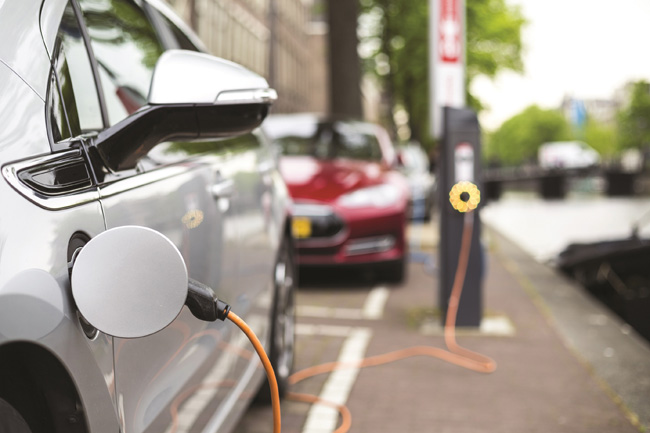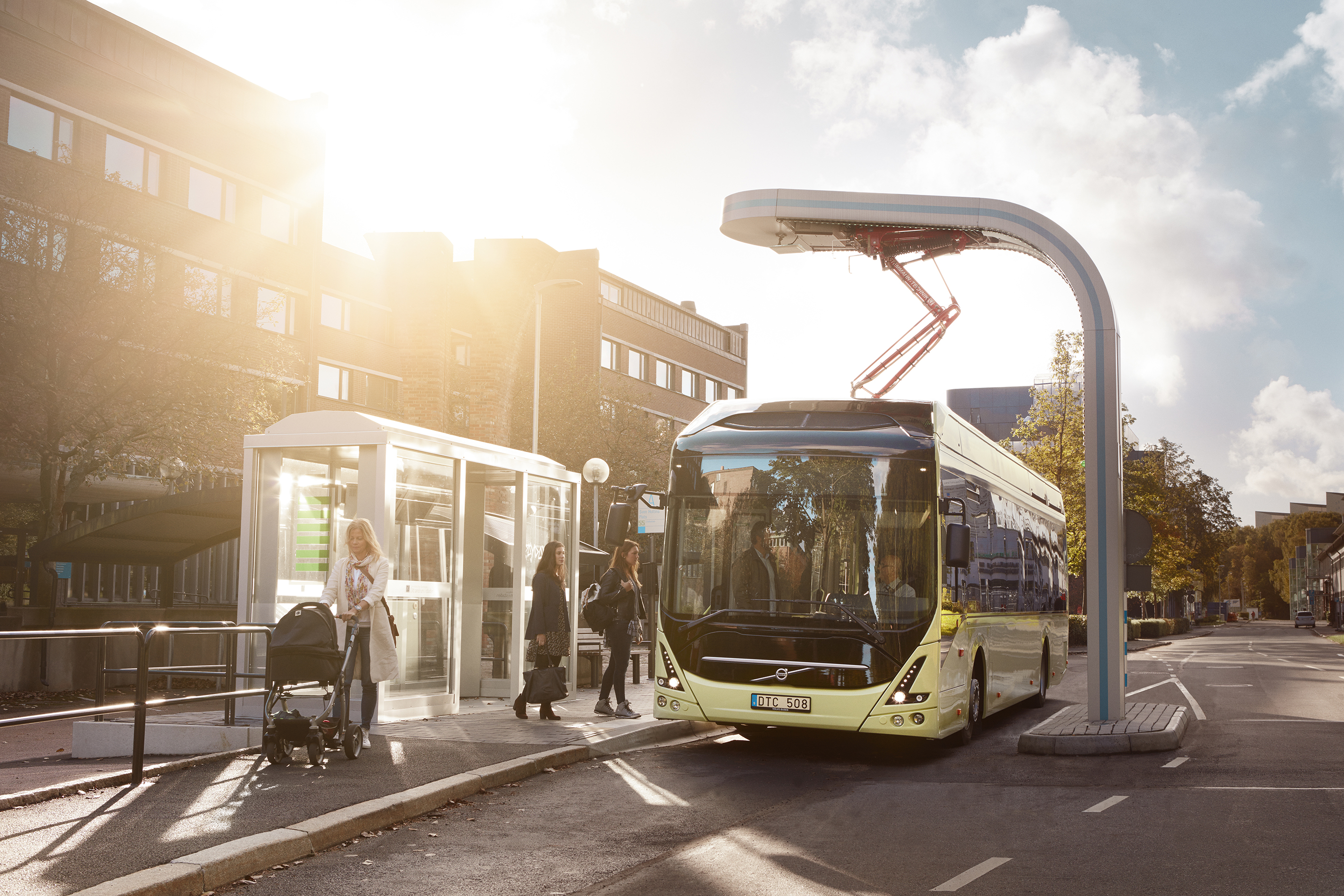Experts leading a major three-year trial into the impact of electric vehicles and the role they could play in our transport systems of the future, have shown that rolling them out across our city’s roads would protect both our health and the environment. Data gathered and analysed by transport experts at the UK’s Newcastle University shows that daytime air pollution levels in our towns and cities regularly exceed the Government’s recommended 40µg m-3 (21 parts per billion) for prolonged periods, putting peo
Experts leading a major three-year trial into the impact of electric vehicles and the role they could play in our transport systems of the future, have shown that rolling them out across our city’s roads would protect both our health and the environment.
Data gathered and analysed by transport experts at the UK’s5986 Newcastle University shows that daytime air pollution levels in our towns and cities regularly exceed the Government’s recommended 40µg m-3 (21 parts per billion) for prolonged periods, putting people’s health at risk.
Now the SwitchEV study, the first of its kind in the UK, has shown that not only could electric vehicles reduce transport-related pollution in our cities, they also produce less CO2 per km than a combustion engine, even when the pollution associated with electricity generation at power stations is taken into account.
Funded by the UK’s innovation agency, the2231 Technology Strategy Board, the three-year investigation is part of a major US$16.7 million trial investigating the impact that electric vehicles could have on the environment, our transport systems and driver behaviour.
Using in-vehicle loggers, details such as distance travelled, route, driving behaviour and re-charging times have been recorded and analysed for over 71,600 electric vehicle journeys and 19,900 re-charging events.
The team found that for all the electric vehicles in the study, their carbon efficiency was better than an equivalent internal combustion (IC) engine vehicle. Charging during off-peak times, when less carbon intensive and renewable energy sources are being used to power the grid, together with more efficient driver behaviour would reduce this carbon output even further.
And because electric vehicles produce zero exhaust gases, introducing more of them to our cities’ roads would drive down pollution in the most congested, and often highly populated, areas, such as city centres and around schools.
Presenting their findings, the team led by Future Transport Systems and Newcastle University together with838 Nissan, Avid Vehicles, Simon Bailes Peugeot, Smith Electric Vehicles and 5322 Liberty Electric Cars, say the study has proved that electric vehicles are set to play a key role in our transport systems of the future.
Pollution levels in Newcastle were analysed using data from the air pollution monitoring station outside Newcastle Civic Centre.
The Newcastle University team has now received funding to continue the SwitchEV project for a further year and will explore how CO2 emissions can be reduced still further, charging at off peak times through the Smart Grid project.
Data gathered and analysed by transport experts at the UK’s
Now the SwitchEV study, the first of its kind in the UK, has shown that not only could electric vehicles reduce transport-related pollution in our cities, they also produce less CO2 per km than a combustion engine, even when the pollution associated with electricity generation at power stations is taken into account.
Funded by the UK’s innovation agency, the
Using in-vehicle loggers, details such as distance travelled, route, driving behaviour and re-charging times have been recorded and analysed for over 71,600 electric vehicle journeys and 19,900 re-charging events.
The team found that for all the electric vehicles in the study, their carbon efficiency was better than an equivalent internal combustion (IC) engine vehicle. Charging during off-peak times, when less carbon intensive and renewable energy sources are being used to power the grid, together with more efficient driver behaviour would reduce this carbon output even further.
And because electric vehicles produce zero exhaust gases, introducing more of them to our cities’ roads would drive down pollution in the most congested, and often highly populated, areas, such as city centres and around schools.
Presenting their findings, the team led by Future Transport Systems and Newcastle University together with
Pollution levels in Newcastle were analysed using data from the air pollution monitoring station outside Newcastle Civic Centre.
The Newcastle University team has now received funding to continue the SwitchEV project for a further year and will explore how CO2 emissions can be reduced still further, charging at off peak times through the Smart Grid project.










